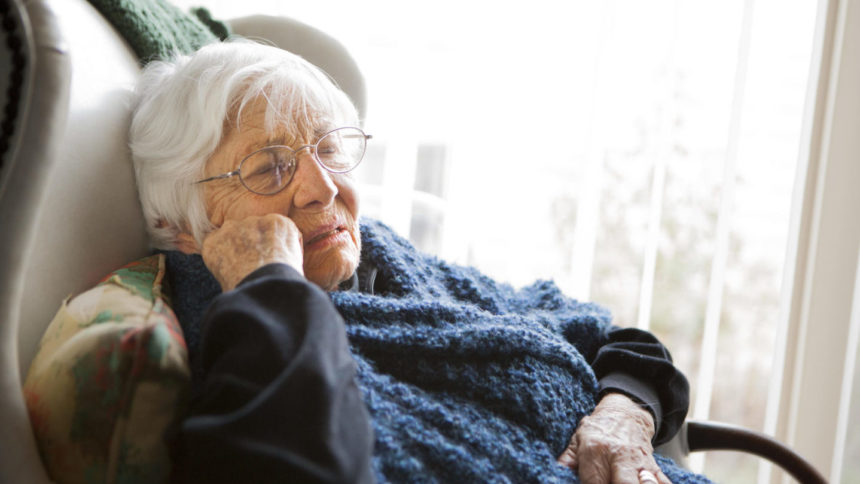
A specific mail-based intervention delivered to older adults helped reduce the use of benzodiazepines and improve their sleep, a new study reports. Authors of the report published Wednesday in JAMA Psychiatry said the idea could help older adults with insomnia.
Researchers hoped to compare two direct-to-patient behavior change interventions with each other and with usual treatment to see which method made the biggest difference in benzodiazepine receptor agonist (BZRA) use, sleep duration and efficiency, use of cognitive behavioral therapy for insomnia (CBTI) and other health outcomes.
The newer program, known as Sleepwell, showed higher rates of sedative discontinuation and dose reduction compared with the older program — used in a study called Eliminating Medications Through Patient Ownership of End Results (EMPOWER) — and with treatment as usual.
Specifically, it worked better to help people shift from benzodiazepine use and begin CBTI. Researchers found that for every 5.3 Sleepwell programs mailed, one person discontinued long-term sedative use, whereas it took 7.8 EMPOWER mailers for the same effect.
The Sleepwell package included a cover letter and two booklets: “How to Stop Sleeping Pills” and “How to Get Your Sleep Back.” The second package, YAWNS-2, included updated versions of booklets “You May Be at Risk” and “How to Get a Good Night’s Sleep Without Medication” that were used in the EMPOWER study.
The two programs varied in the type of information they included and how it was presented, however. The first Sleepwell booklet listed all medications and substances commonly used for sleep, not just BZRAs, to limit interest in pharmacological substitution. Sleepwell’s booklet also provided people with flexible dose-reduction options, whereas EMPOWER offered a fixed 18-week reduction schedule. Sleepwell also encouraged participants to learn about and use CBTI, and almost 20% purchased the recommended CBTI workbook. Sleepwell also used more than twice as many photos of people in its literature as EMPOWER did.
The study included 565 adults 65 and older (the average age was 72.1) who were living independently in New Brunswick, Canada. All of the participants had been taking benzodiazepines and had either current or previous insomnia.
Among those who received the Sleepwell intervention, 26.2% discontinued BZRA use, and 20.4% reduced their doses by 25% or more. Comparatively, 20.3% using the EMPOWER intervention stopped using sedatives and 14.4% lowered their doses.
People on Sleepwell had better uptake of CBTI and better sleep outcomes compared with EMPOWER. They also had reduced insomnia severity and daytime sleepiness compared with people receiving treatment as usual.
“Transitioning insomnia care for older adults away from long-term sedative use and toward cognitive behavioral therapy for insomnia can be achieved using a mailed, direct-to-patient approach,” wrote authors of the study, which was conducted from 2020 to 2022.




